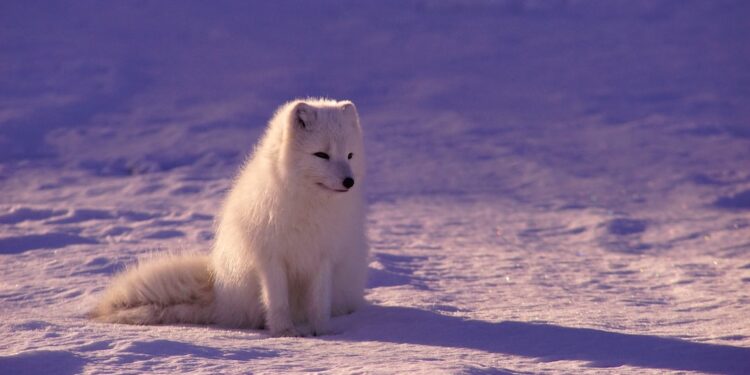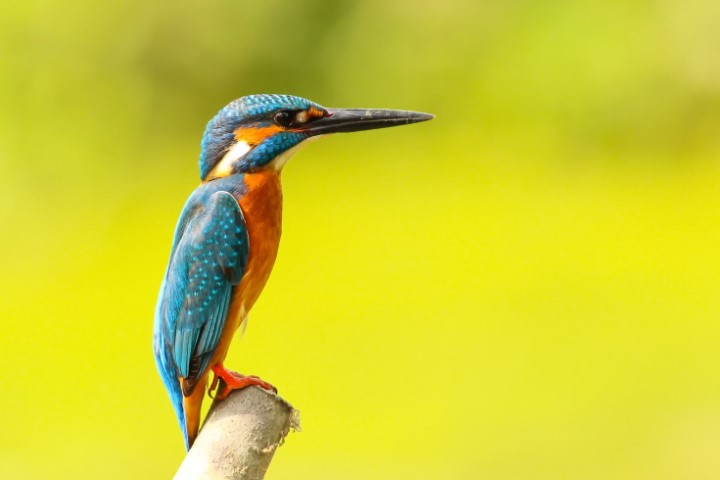The Importance of Wildlife Conservation in the Modern World
In today’s modern world, the importance of wildlife conservation cannot be overlooked. With increased urbanization and population growth, the natural habitats of many species have been significantly destroyed and fragmented. This has led to a pressing need for wildlife conservation efforts to protect and preserve these invaluable resources for future generations to enjoy.
One of the main reasons why wildlife conservation is so crucial is the intrinsic value of nature itself. The Earth’s ecosystems are incredibly diverse, containing a wide range of plants, animals, and microorganisms. Each species plays a specific role in maintaining the delicate balance of these ecosystems, contributing to the overall health and stability of the planet.
By preserving wildlife, we are ensuring the continuation of this intricate web of life. Every species has its own unique role in the ecosystem, and the loss of even a single species can have far-reaching consequences. Maintaining biodiversity is crucial for the sustainability of our planet and for the countless benefits that it provides to humanity, including ecosystem services such as clean air and water, soil fertility, and climate regulation.
Wildlife conservation also has significant economic benefits. Many communities around the world rely on tourism as a major source of income, and a significant portion of this industry is directly linked to wildlife. People travel from far and wide to see charismatic species in their natural habitats, such as elephants in Africa or tigers in India. These tourists not only contribute to the local economy through accommodation and food services but also create job opportunities for local communities.
Additionally, wildlife conservation can foster sustainable development and poverty alleviation. By protecting habitats and promoting sustainable practices, conservation efforts can provide alternative livelihoods for communities living in or near wildlife-rich areas. For example, ecotourism initiatives can provide employment opportunities for local people as park rangers, guides, or eco-lodge staff. By incorporating local communities into conservation efforts, it becomes a win-win situation, benefiting both wildlife and people.
Furthermore, wildlife conservation is important for scientific research and advancement. Many of the world’s breakthroughs in medicine and technology have been inspired by nature. Throughout history, scientists have looked to the natural world for inspiration, studying animals and plants to develop new medicines, materials, and technologies. By conserving wildlife and their habitats, we are preserving vast resources of potential knowledge and innovation.
Another pressing reason to prioritize wildlife conservation is the threat of climate change. As global temperatures rise and weather patterns become more unpredictable, many species are facing challenges in adapting to these changes. By protecting a diverse range of species, we are increasing the resilience of ecosystems to climate change impacts. In turn, these healthy ecosystems can help mitigate climate change by absorbing and storing carbon, making wildlife conservation a valuable tool in the fight against climate change.
Sadly, despite recognizing the importance of wildlife conservation, many species continue to face existential threats. Habitat loss, illegal wildlife trade, pollution, and climate change remain significant challenges that need to be urgently addressed. However, there is hope. Through global collaboration, political will, and public awareness, we can make a difference in protecting and conserving wildlife.
Efforts are being made on multiple fronts. Many governments and organizations worldwide are establishing protected areas, implementing conservation plans, and creating legislation to address environmental concerns. International agreements and conventions such as the Convention on International Trade in Endangered Species of Wild Fauna and Flora (CITES) have also played a crucial role in regulating the wildlife trade.
However, protecting wildlife goes beyond policy and legislation. It requires individual action and responsibility. People can contribute by supporting conservation organizations, volunteering at local wildlife rehabilitation centers, or simply being aware of their actions and how they impact the environment. Small changes in our daily lives, such as reducing plastic waste and supporting sustainable products, can go a long way in conserving wildlife and their habitats.
In conclusion, the importance of wildlife conservation in the modern world cannot be understated. It is not only crucial for the preservation of biodiversity and the sustainability of our planet but also has economic, scientific, and climate change mitigation benefits. By recognizing the value and necessity of wildlife conservation, we can work together to protect and preserve these irreplaceable resources for generations to come.















